Pelvic Congestion Syndrome Male
Pelvic congestion syndrome male. Varicose veins are commonly seen in the legs when the veins become less elastic and the valves. Pain in the legs or lower back may also occur. 50 of male infertility cases involve pelvic congestion syndrome.
Pelvic congestion syndrome is a condition of vascular engorgement of the ovarian veins or internal iliac veins that leads to pelvic pain. Pelvic congestion syndrome is a condition that causes chronic pelvic pain. Insufficiency of the pelvic veins otherwise known as pelvic congestion syndrome in women and varicocele in men can be the cause of increased pain and discomfort for the patient.
50 of male infertility cases involve pelvic congestion syndrome. Male pelvic congestion syndrome can be caused by pelvic varicosities and surgery such as varicocelectomy and can be related to varicoceles of the scrotum prostatitis syndrome and pelvic floor muscle dysfunction. Insufficiency within the pelvic veins although a proven clinical entity is not commonly assessed and is often overlooked and underdiagnosed in women.
Male varicocele and pelvic congestion syndrome PCS are common pathologies with high predominance in young patients having a high impact on the quality of life and infertility. Dysfunction in the one-way valves of the ovarian veins is postulated as the underlying etiology. Prostatitis represent the most frequent affections of the genito-urinary male tract that require the urologic consult but in the majority of the cases the etiology of such affections remains unknown.
Lately the use of different endovascular embolization techniques with various embolizing agents shows good technical results and clinical outcomes. The pelvic congestion syndrome has been widely studied in the female sex while there are not many publications on the male equivalent. Its thought to be caused by problems with the veins in the pelvic area.
743 Uterine and adnexa procedures for non-malignancy without ccmcc. Male pelvic congestion syndrome is underrepresented in medicine and may be mistakenly referred to as prostatitis syndrome. Veins are the blood vessels that carry blood back to the heart.
This is the lower part of your belly abdomen. Male pelvic congestion syndrome is underrepresented in medicine and may be mistakenly referred to as prostatitis syndrome.
Pelvic congestion syndrome is therefore a painful condition often caused by dilatation of the ovarian andor pelvic veins rather like varicose veins but in the pelvis.
Although it is still rather uncommon men can suffer with pelvic congestion syndrome. It happens when the blood vessels in and around the pelvis become enlarged. Within the gonadal veins can when prolonged lead to an increase in varicose veins. Its thought to be caused by problems with the veins in the pelvic area. Pelvic congestion syndrome is a condition that causes chronic pelvic pain. Male pelvic congestion syndrome is underrepresented in medicine and may be mistakenly referred to as prostatitis syndrome. ICD-10-CM N9489 is grouped within Diagnostic Related Groups MS-DRG v 380. Prostatitis represent the most frequent affections of the genito-urinary male tract that require the urologic consult but in the majority of the cases the etiology of such affections remains unknown. Male pelvic congestion syndrome can be caused by pelvic varicosities and surgery such as varicocelectomy and can be related to varicoceles of the scrotum prostatitis syndrome and pelvic floor muscle dysfunction.
Its thought to be caused by problems with the veins in the pelvic area. Within the gonadal veins can when prolonged lead to an increase in varicose veins. PCS is associated with what is. Pelvic congestion syndrome PCS must be considered if the pain worsens when sitting or standing and is relieved with lying down. Pelvic congestion syndrome. What is pelvic congestion syndrome. Although it is still rather uncommon men can suffer with pelvic congestion syndrome.


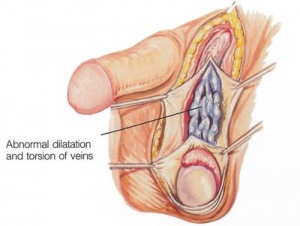
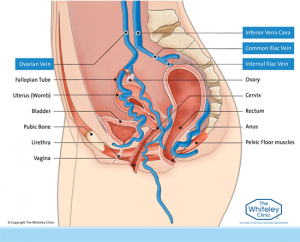


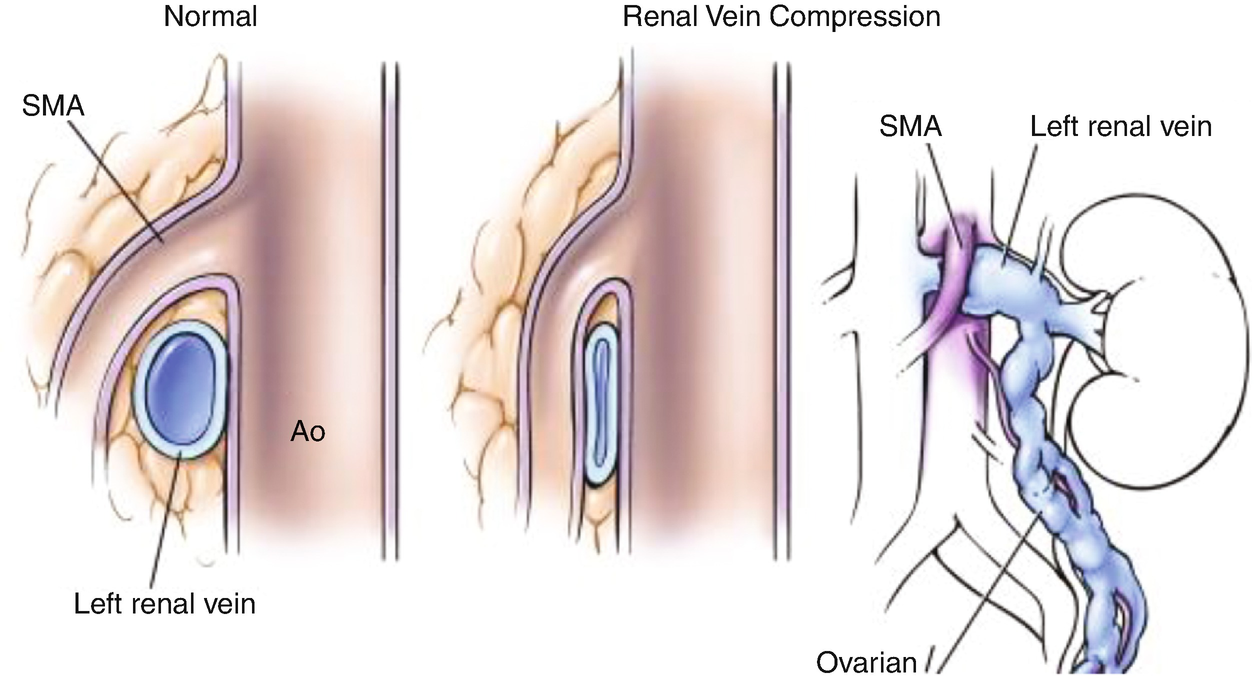
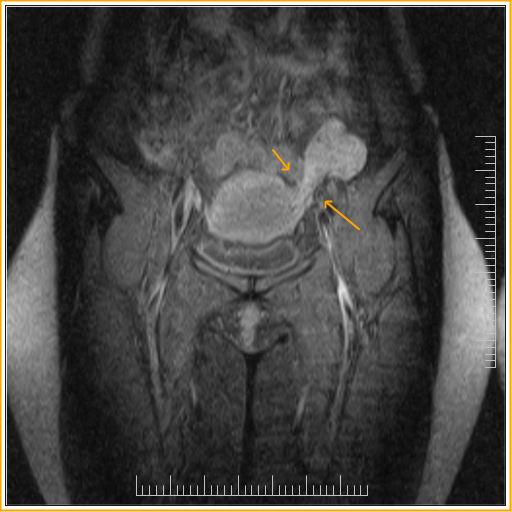
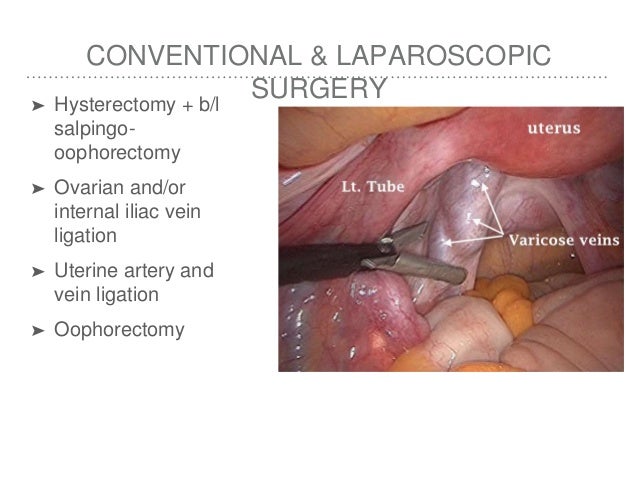


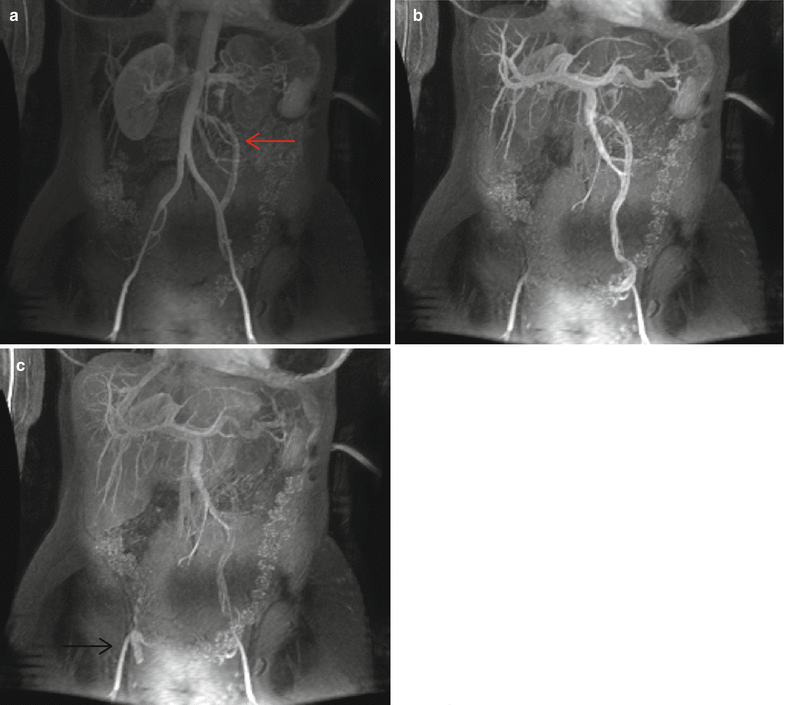




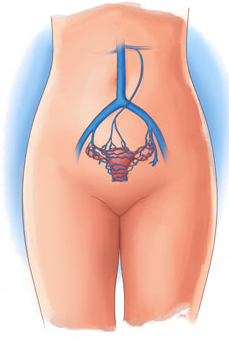
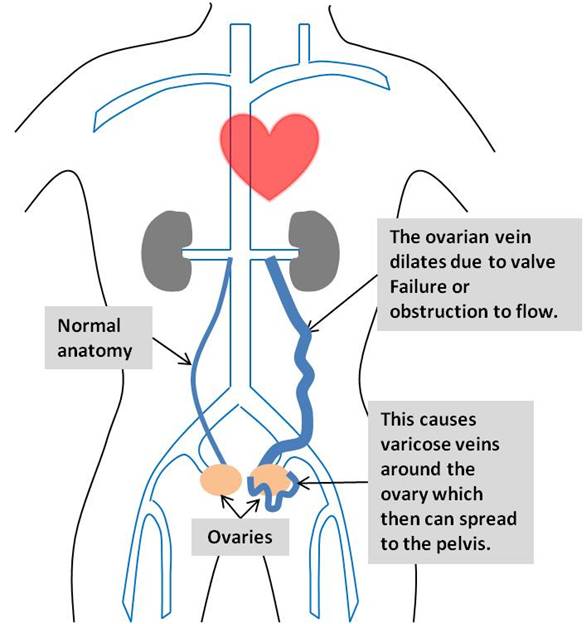
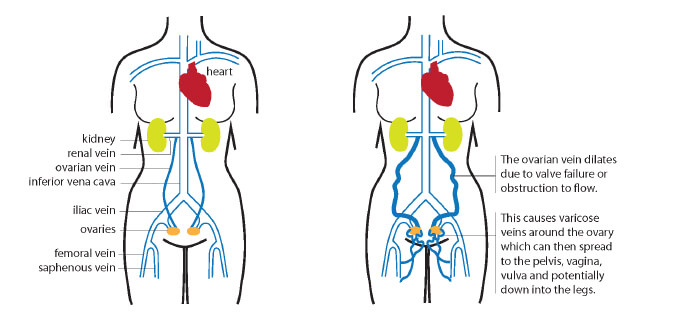
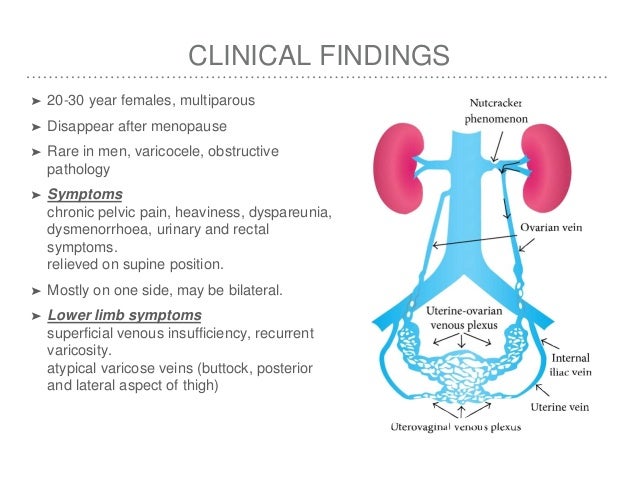
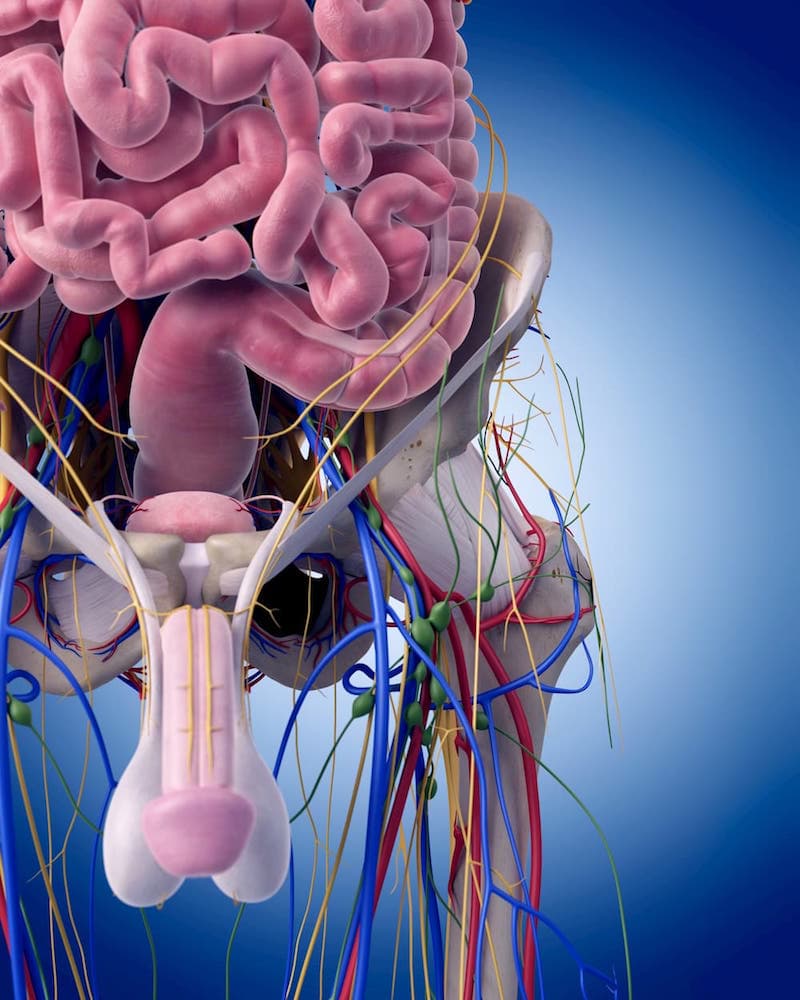

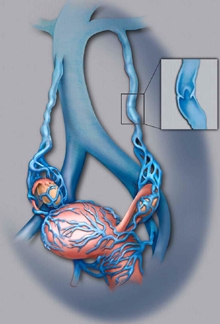





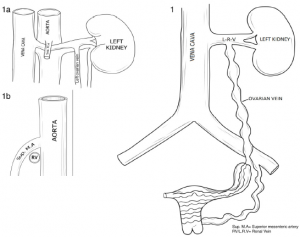






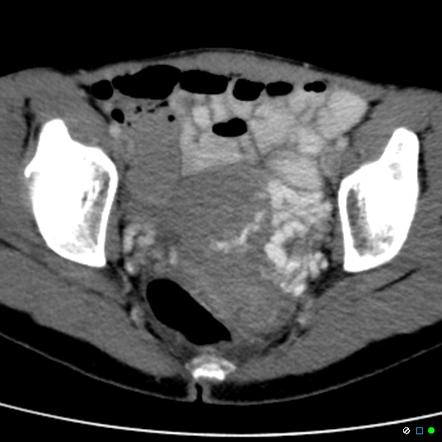

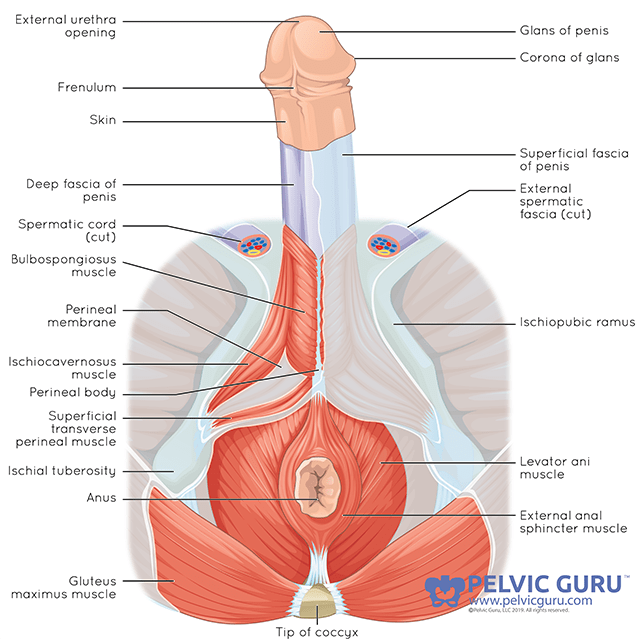
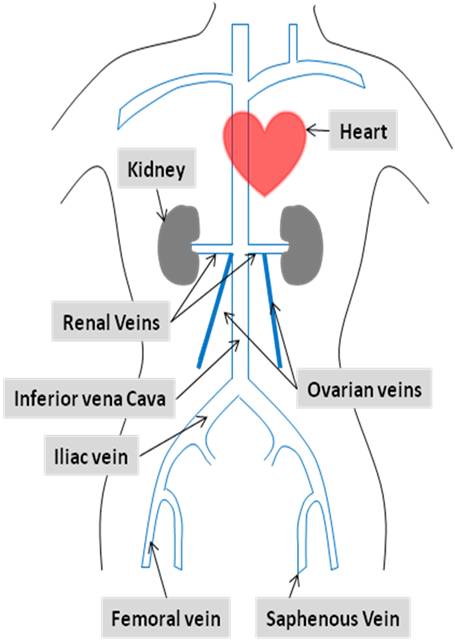





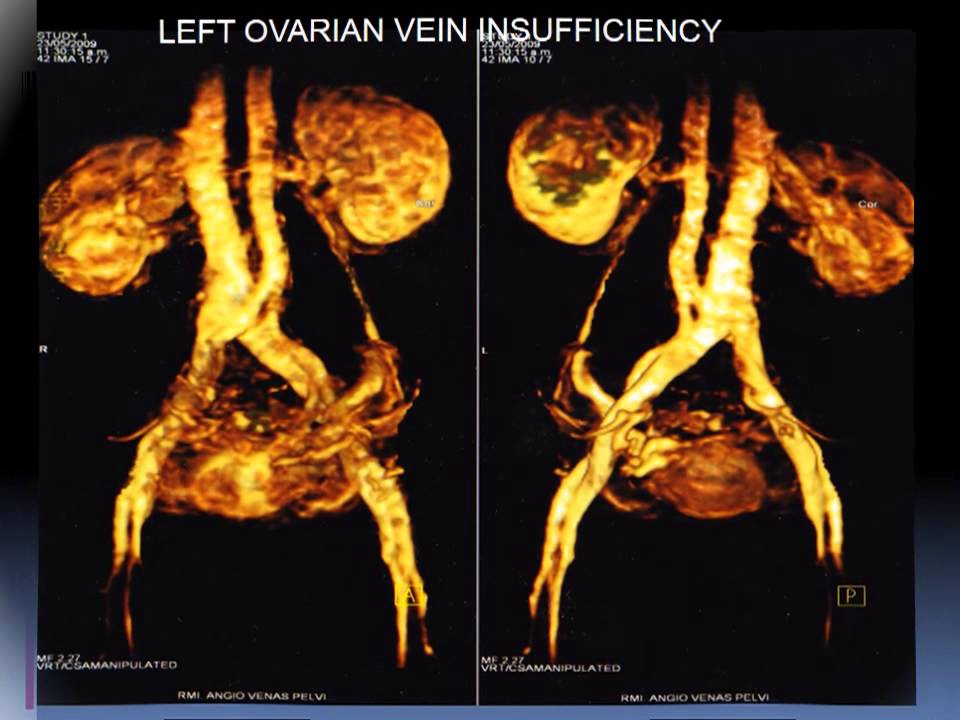
Post a Comment for "Pelvic Congestion Syndrome Male"